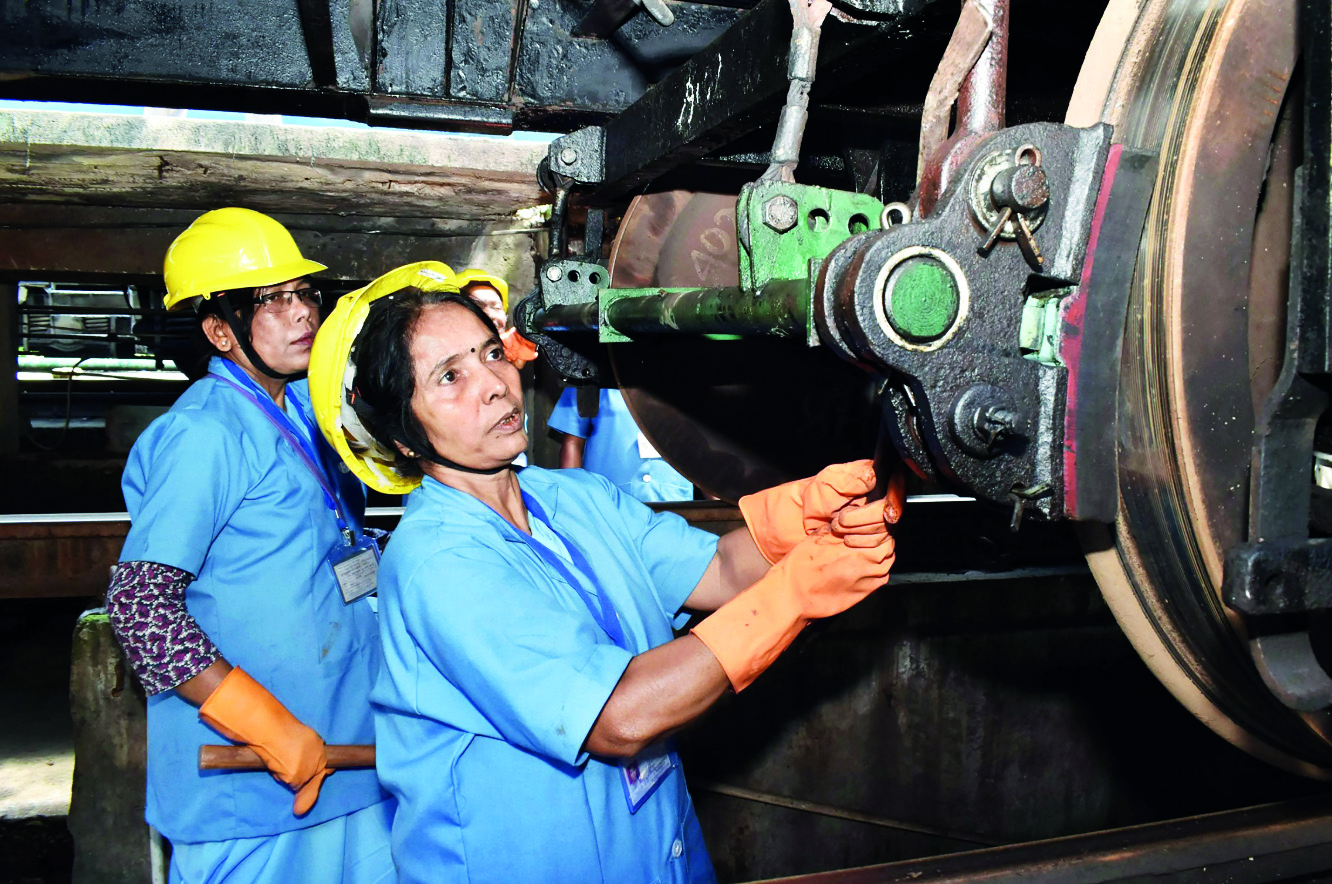Rethinking Labour Laws
As start-ups and tech firms push for hiring flexibility, a middle path is needed to ensure fair employment practices without stifling business growth

New-age industries, especially start-ups, tech, and e-commerce companies, often emphasize the need for easier employment laws, and flexible hiring, and firing. Flexibility allows the management of costs. Times have changed. The earlier practice of seeking a job and aspiring for security in that job for wage, increments is not relevant any more in many places. In fact, the trend is a greater rate of attrition. Employees gain experience and suddenly jilt employers, even ditching the notice period. While there aren’t many provisions for forcing employees to work, except filing a civil suit for damages, employers in many circumstances while terminating are required to follow stringent provisions and compliances.
On close reading of labour laws, there are some middle-path solutions available, such as fixed-term employment. The option of fixed-term employment allows companies to hire employees for specific projects or specified durations without the complexities associated with regular employment contracts. Foreign companies, start-ups, or tech-based industries where there is a higher rate of attrition can take advantage of these flexible provisions. Employees too get to part away respectfully.
The trend of fixed-term employment is growing. Owing to strict employment law provisions, companies have been resorting to fixed-term contract employment. The advantage of this is that contractual jobs are a pathway from unemployment to employment. However, in the long run, the flip side of it is that engaging in too many such contracts may lead to lower employment stability. Fixed-term contracts are somewhat similar to the US at-will employment.
Pre-determined contracts are quite prevalent in seasonal and project-based employment, and sometimes to meet the fluctuations of demand, temporary pressure of work, etc. In fact, now most companies, as a usual practice over the last few decades, enter into fixed-term employment even in normal courses owing to complex termination laws. For instance, retrenchment and closure laws applicable to factories, mines, and plantations according to the Industrial Disputes Act, 1947, applicable to workman-level employees require payment of retrenchment compensation, notice pay as well as a nod from the government if the industrial unit has more than 100 workers. This permission is granted in the rarest of rare cases. Fixed-term contracts are an exception to retrenchment. In other words, if the contract of employment for a workman-level employee is for a specified term, provisions of retrenchment need not be complied with, and termination can be done according to the terms of the contract. Interestingly, Uttar Pradesh is the only state wherein Section 2(oo)(bb) of the ID Act, which is an exception provision to compliance with retrenchment, does not exist. Thus, in UP, even if an employee is hired as a fixed-term employee, he would be treated like any other permanent employee for retrenchment or closure, etc.
In the dicta of Birla VXL Ltd. Vs, State of Punjab, 1998, the Apex Court held having regard to the clear terms of the appointment order, which the employee accepted by signing at the foot thereof, the employer was entitled to bring employment to an end after the period of temporary employment. The top court in Escorts Limited Vs. Presiding officer, 1997, held that since the service of the workman was terminated as per the terms of the contract of employment, it does not amount to retrenchment. Thus, dis -dis-engagement in fixed-term arrangements has been upheld by courts. Of course, such employment should not be for long periods to take away the rights of employees. In Vinod Kumar Vs, Union of India, 2024, the Supreme Court considered the case for regularisation of employees, working for 25 years as temporary employees. The court held failure to recognize the substantive nature of their roles and their continuous service akin to permanent employees runs counter to the principles of equity, fairness, and the intent behind employment regulations. This was a case of temporary employees and said principles may be said to be applicable to long durations fixed-term employment contracts also.
Contractual and casual employees are a good option for companies when they need to stay flexible. However, such contracts cannot replace the need for permanent workers in the industries. At the same time, there is a need to look into and address the concerns that nudge employers to resort to excessive use of fixed-term employment arrangements, as well as keep a check on long-duration fixed-term employment contracts. New Labour Codes which are yet to be implemented incorporate the provision of paying gratuity to fixed-term employees on quitting, on completion of one year of service as compared to regular employees who are to be paid for five years. Similarly, as a mid-way, higher pay scales, better notice pay amounts coupled with easier termination provisions can be brought about for amicable partings for digital age employments.
Changes in labour laws are essential to make our country the world’s chosen destination for outsourcing. There should be elasticity given to businesses in hiring and letting go. At the same time, job security, satisfaction of employees, and amicable provisions must also be maintained.
The writer is a practising Advocate in the Supreme Court and Delhi HC. Views expressed are personal



